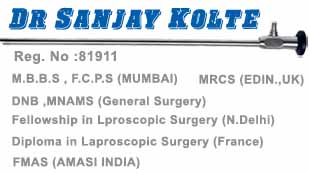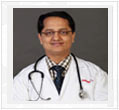Oesophageal Cancer
Oesophageal cancer is a type of cancer that affects the oesophagus, a tube that carries food from the mouth to the stomach. Cancer is the uncontrolled growth of abnormal cells. The accumulation of these extra cells forms a mass of tissue called tumour.
According to the type of cells that are involved, oesophageal cancers are classified as:
- Adenocarcinoma of the oesophagus: most common type of oesophageal cancer that develops from the cells of mucus-secreting glands in the oesophagus
- Squamous cell carcinoma: type of cancer that develops from cells which are on the inner lining of the oesophagus.
The exact cause of oesophageal cancer is not known, however certain factors such as advancing age, gastro-oesophageal reflux disease (GORD), obesity, Barrett's oesophagus, diet, smoking, alcohol, chemicals and pollutants may increase your risk of developing oesophageal cancer.
In the early stages of oesophageal cancer, you may have no symptoms. As the cancer grows you may have weight loss, difficulty swallowing (dysphagia), chest pain, fatigue, frequent choking, indigestion, coughing, and hoarseness.
Your doctor can often detect oesophageal cancer by asking you several questions about the symptoms you are experiencing and performing a thorough physical examination. Certain tests may be ordered, which could assist in determining the diagnosis:
- Barium X-rays: These are diagnostic X-rays in which barium is used to diagnose tumours or other abnormal areas. The barium coats the walls of the oesophagus and stomach and makes the abnormalities more clearly visible.
- Endoscopy: An endoscopy is a procedure in which a long thin flexible tube with a tiny camera is used to examine the lining of the oesophagus, stomach, and duodenum.
- Biopsy: A small sample of tissue is removed and examined under the microscope to look for abnormal cells.
Oesophageal cancer may be treated with chemotherapy, radiotherapy, and surgery. Surgery to remove the portion of your oesophagus that contains the tumour and nearby lymph nodes is called oesophagectomy. The remaining section of the oesophagus is connected again to your stomach.


